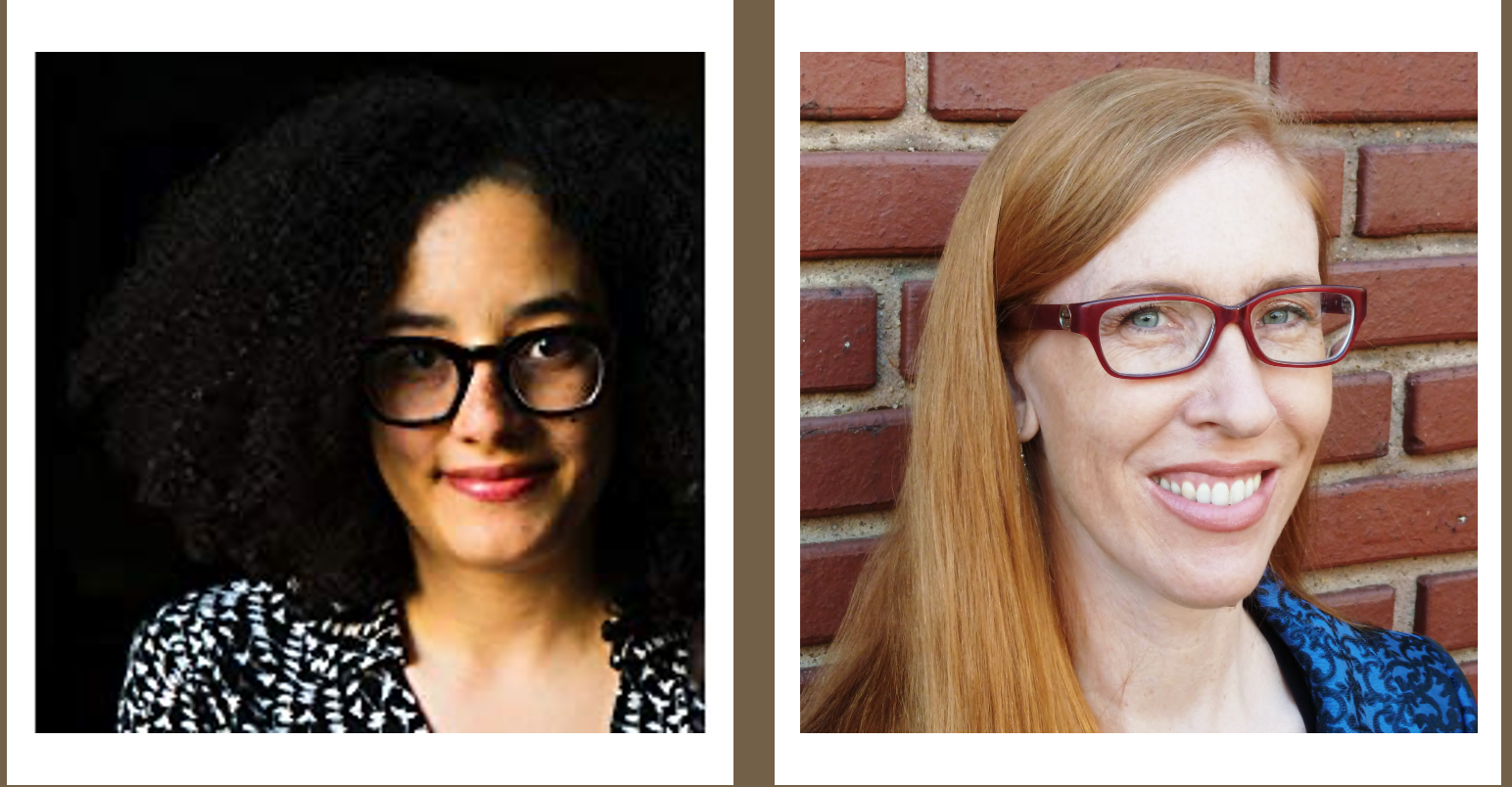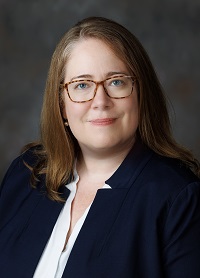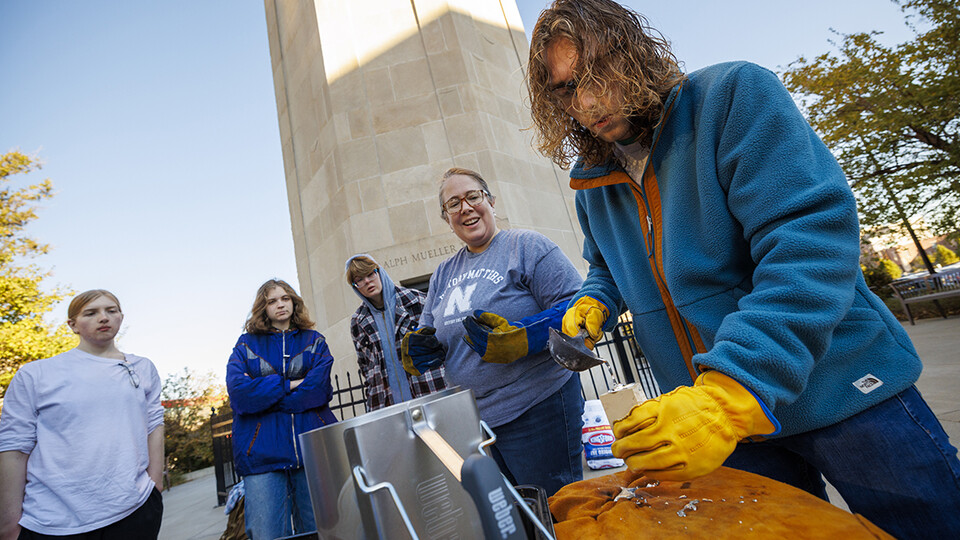
Please join us on Wednesday, April 14th, at 5:00 PM Central, for a fascinating chance to think critically about race, religion, Shakespeare, and reading across time. We welcome Dr. Brigitte Fielder (UW-Madison) and Dr. Julia Schleck (UNL) to help us navigate this topic.
Registration: https://www.unl.edu/medren/registration-zoom-april-14-context-and-race-early-modern-and-19th-century
We hope you will join us via zoom on April 14 for a fascinating set of talks on the intersection of race, culture, and literature. With our guests Dr. Brigitte Fielder (University of Wisconsin-Madison, College of Letters and Science) and Dr. Julia Schleck (University of Nebraska-Lincoln, Department of English), we will take a long look at race, cultural practices, and literature. A special focus will be on the way racial practices and discourses intersect with early modern literature, and especially, with Shakespeare across time and place.
Dr. Fielder’s work primarily focuses on 19th Century intersections of race, culture, and literature. Her recent book, Relative Races: Genealogies of Interracial Kinship in Nineteenth century America (Duke UP, 2020) provides an alternative way to trace the inheritance of race in America; beyond lines of personal connection and biology, Fielder proposes cultural narrative genealogies that link discourses, practices, and texts to seeing and projecting race—and especially women’s and girls’ racialization—in the US. Her talk for this forum, “Racial Marking, Interracial Kinship, and Adapting Othello in America” examines the way that Shakespeare’s play—and especially Desdemona’s racialization—was weaponized in 19th Century US, as the play became a locus for reprocessing white America’s fears of interracial sexuality. Beyond the sense of Othello as an “urtext” for American theorizations of race, Fielder has written about how the play, in its myriad 19th Century revisions and adaptations, complicates projections of whiteness as well as constructions of Blackness, especially at the intersection of race, gender, and sexuality.
Dr. Schleck writes and teaches on the ways racial and racist discourse emerges in the Renaissance, especially in connection to religion and gender. In her work on travel narratives and English encounters, she has focused on relationships of alterity as featured in the problematic accounts of English travelers. Research on travel and trade has led Dr. Schleck to argue for new ways to interrogate early modern and pre-colonial encounters in contrast to orientalist theorizations. Her chapter on pedagogy for this topic, “Stranger Than Fiction: Early Modern Travel Narratives and the Antiracist Classroom” appeared in the collection Teaching Medieval and Early Modern Cross-Cultural Encounters (eds Attar and Shutters, Springer 2014). In her talk, she will introduce some of the problems of looking backward from a modern perspective on race and consider strategies and difficulties for historicizing race and multi-cultural encounters from beyond a Euro-centric position. This semester she is teaching an undergraduate course on early modern literature and “The Origins of Racism.” She is also teaching a graduate course on gender and colonialism that features an intersectional approach to gender, race, and religion.
Dr. Brigitte Fielder is author of Relative Races: Genealogies of Interracial Kinship in Nineteenth-Century America (Duke UP, 2020) as well as other scholarly articles and chapters, and the co-editor with Jonathan Senchyne of Against a Sharp, White Background: Infrastructures of African American Print (UW Press, 21019). She has written or co-written numerous articles and chapters, including two chapters in the forthcoming Cambridge University Press multi-book collection, African American Literature in Transition: 1750-2015: “‘Theresa’ and the Transatlantic Mixed Race Heroine,” in Volume II, 1800 to 1830 (ed. Jasmine Cobb) and “Radical Respectability and African American Women’s Reconstruction Fiction” in Volume V, 1865 to 1880, (ed. Eric Gardner). She also writes for Avidly, a channel of the Los Angeles Review of Books on current issues of race. She has held fellowships from the American Antiquarian Society and from the Animal Studies Institute, part of the Wesleyan University Animal Studies program. She serves on the Advisory Board of C:19 the Society of Nineteenth-Century Americanists, on the editorial board of Tulsa Studies in Women’s Literature, and on the advisory board of Research on Diversity in Youth Literature (RDYL). She has also been a past recipient of the Nellie Y. McKay Fellowship from the Institute for Research in the Humanities at UW-Madison.
Dr. Julia Schleck is author of Telling True Tales of Islamic Lands: Forms of Mediation in Early English Travel Writing, 1575-1630 (Susquehanna University Press, 2011) and Series Co-Editor (with Christina Lee) of Connected Histories in the Early Modern World (Amsterdam University Press). She has written several articles on Early modern and global renaissance travel and texts, including most recently “Experiential knowledge and the limits of merchant credit.” In Re-Mapping Travel Narratives in the Early Modern World: To the East and Back Again (ed. Montserrat Piera., Amsterdam University Press/ARC Humanities Press, 2018). She has been a fellow at the Folger Shakespeare Institute, has received of a Franklin Research Grant from the American Philosophical Society, and has co-organized an NEH Summer Institute. Her forthcoming book, Dirty Knowledge: Academic Freedom in the Age of Neoliberalism, is part of the series Provocations (eds Marco Abel and Roland Végsö, NU Press, 2022).



